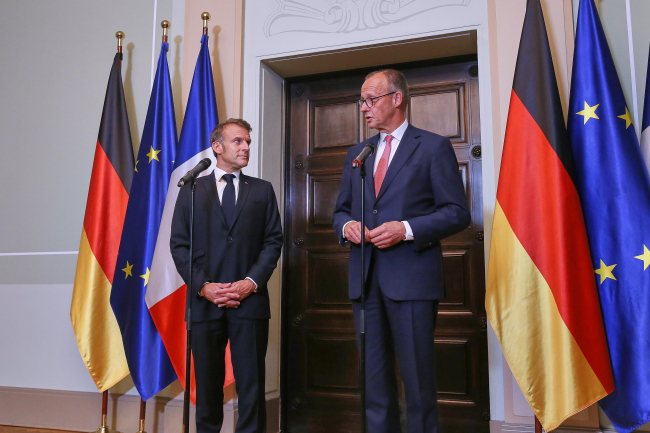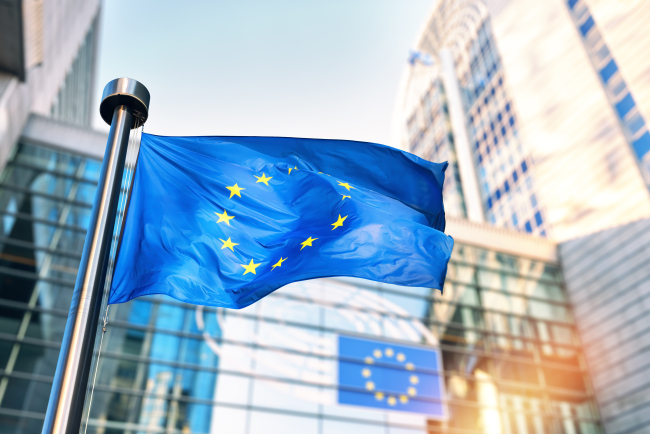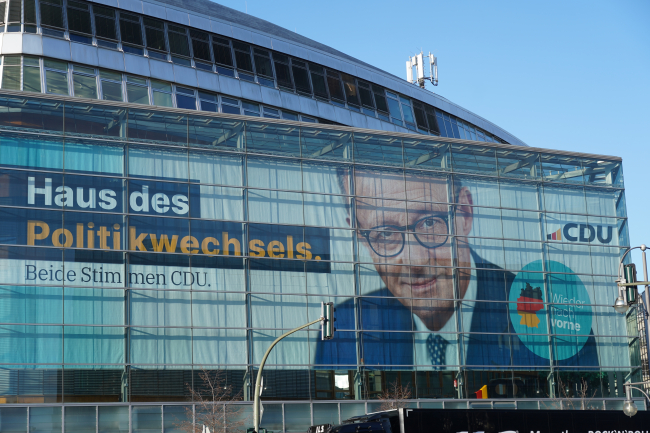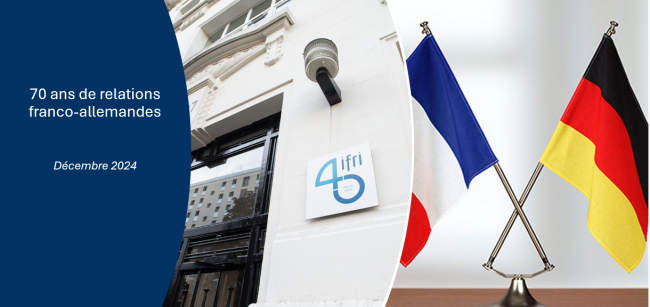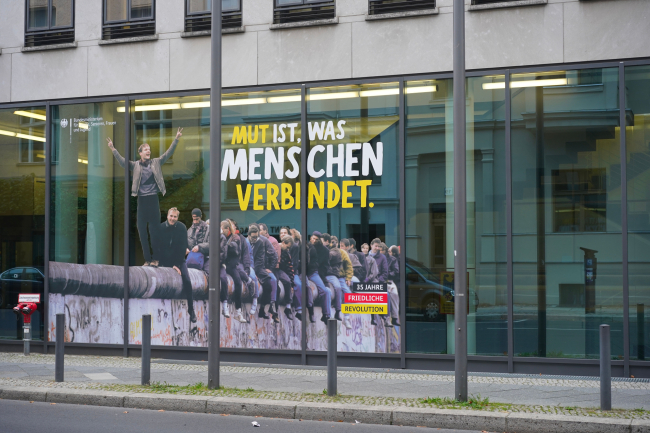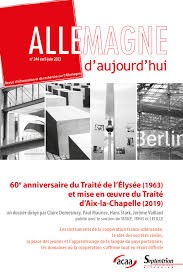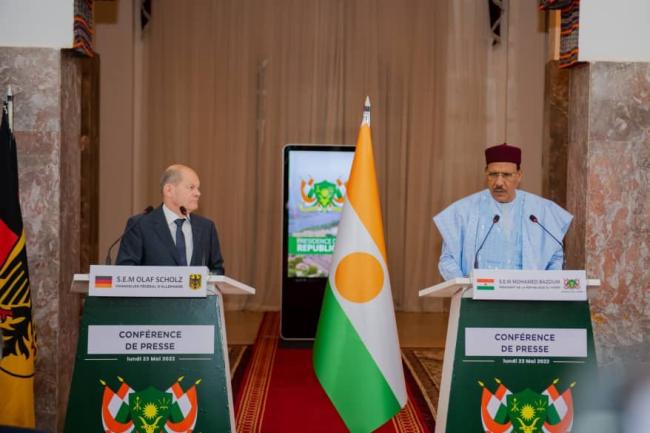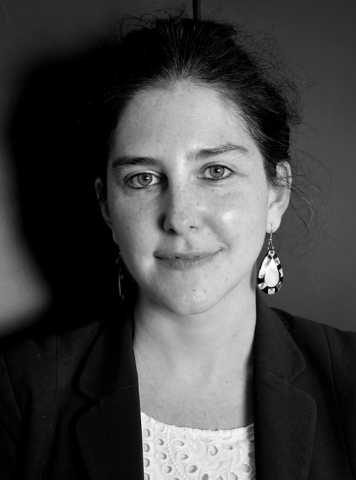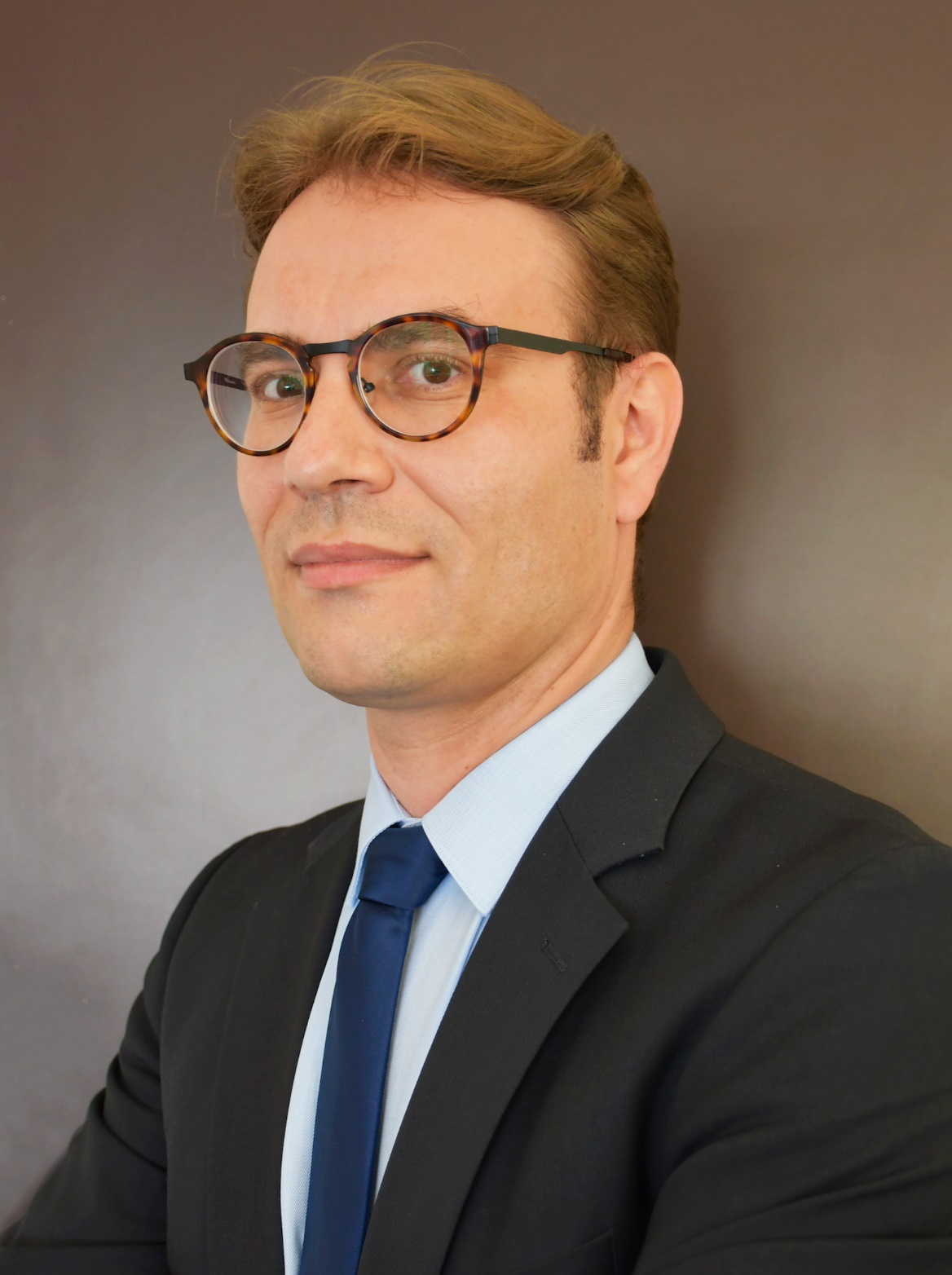
Prénom de l'expert
Paul
Nom de l'expert
MAURICE
Secretary General of the Study Committee on Franco-German Relations (Cerfa), Ifri
Research Interests:
- German domestic politics, political parties and electoral geography in Germany
- Germany on the world stage
- Foreign and Security Policy of the Federal Republic of Germany
- French-German relations and of European Integration

The Study Committee on Franco-German Relations (Cerfa)
View morePaul Maurice has been Secretary General of The Study Committee on Franco-German Relations (Cerfa) since September 2024. He was Head of the Unit for Germany, Alpine and Adriatic Europe at the European Union Direction of the Ministry of Europe and Foreign Affairs from September 2022 to August 2024. He was previously a Research Fellow at Cerfa at the French Institute of International Relations (Ifri) from March 2020 to August 2022, where he worked particularly on issues of German domestic policy and Franco-German relations within the framework of European integration.
Paul Maurice holds a PhD in Contemporary History and German Studies from Sorbonne University, conducted under a Franco-German joint supervision agreement with Saarland University (Germany) and within the framework of the research unit UMR Sirice (Sorbonne, Identities, International Relations and Civilizations of Europe). He studied contemporary history and international relations at Paris-Sorbonne University and Freie Universität Berlin.
He also teaches at Sciences Po as part of the Master of the School of Public Affairs. He is a member of the editorial board of the journal Allemagne d'aujourd'hui.
See more










